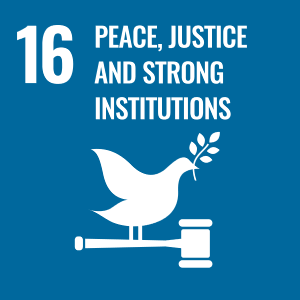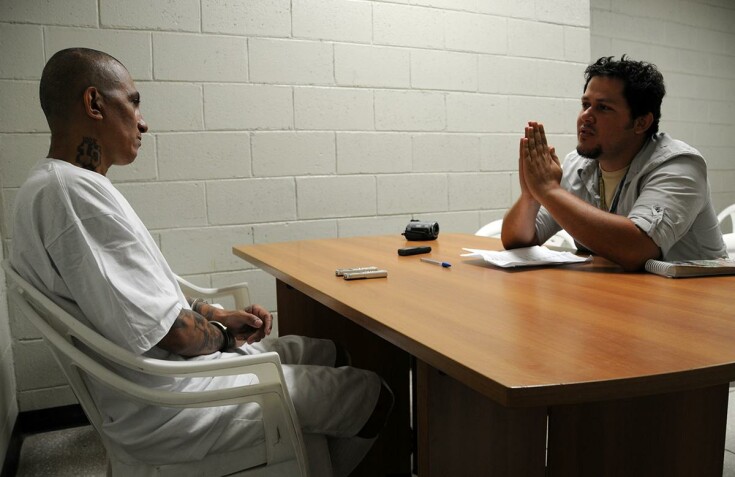
SDG supported: 16. Peace, justice and strong institutions
The work
In El Salvador, investigative outlet El Faro played a large part in exposing the government’s secret negotiations with gang leaders. Starting in 2020, when the number of homicides suddenly started to drop, El Faro described how the administration of President Nayib Bukele negotiated with incarcerated leaders of the notorious criminal gang MS-13 to reduce violence on the streets and win their support in mid-term elections in exchange for prison privileges. The report was based on leaked documents, including jailhouse intelligence reports, prison logbooks and interviews.
In 2022, when El Salvador witnessed a surge in homicides in what was dubbed “the most violent day of the century”, El Faro published another investigation that explained the breakdown of secret government negotiations with gangs and released audio files of conversations between a senior government official and the MS-13. The talks collapsed when the gang leaders were arrested, leading to a violent retaliation with dozens of killings. El Faro confirmed the legitimacy of the audio recordings by cross-referencing them with gang members and employing advanced forensic software.
Impact
- The Attorney General’s Office launched an investigation into the allegations, conducting searches at high-security prisons and state penitentiary offices. The probe not only verified the talks’ existence but also uncovered attempts by prison officials to conceal logbooks and hard drives related to these discussions. Soon after, the Legislative Assembly, largely controlled by the President’s party, ousted the Attorney General overseeing the gang negotiations inquiry, replacing him with a new, more friendly appointee, who quickly disbanded the unit handling the case.
- The U.S. Treasury Department validated El Faro’s reports by imposing sanctions on prominent Salvadoran officials, including the Vice-Minister of Justice and Public Security. The officials were accused of playing key roles in arranging secret meetings with imprisoned gang leaders as part of El Salvador’s covert attempts to “negotiate a secret truce with gang leadership”.
- President Nayib Bukele’s administration staunchly denied the claims and initiated an aggressive campaign against El Faro to discredit their reporting. They targeted the news outlet with financial audits and passed laws criminalizing reporting on gangs. El Faro has had at least six ongoing investigations against them, four of them related to tax and money laundering and two criminal investigations. Furthermore, Canada’s Citizen Lab found that 22 members of El Faro had their phones hacked with Pegasus spyware while investigating potential government-criminal organization links. The hostile environment forced El Faro to relocate to Costa Rica to ensure the safety of its staff and operations, highlighting the deteriorating press freedom situation in El Salvador.
- El Faro’s unwavering dedication and courageous efforts to promote press freedom in the face of great personal risk garnered them numerous awards. Carlos Dada, founder and director of El Faro, received the ICFJ Knight Trailblazer Award and the IPI World Hero of Press Freedom Award, while Oscar Martinez, Editor-in-Chief, won DW’s Freedom of Speech Award.
Silence is not an option. Our word is our power, our contribution to our communities, and our fate. And we must use our word to break the monologues of power… We must use our words to defend the truth.
El Faro director Carlos Dada upon receiving the World Press Freedom Hero Award
